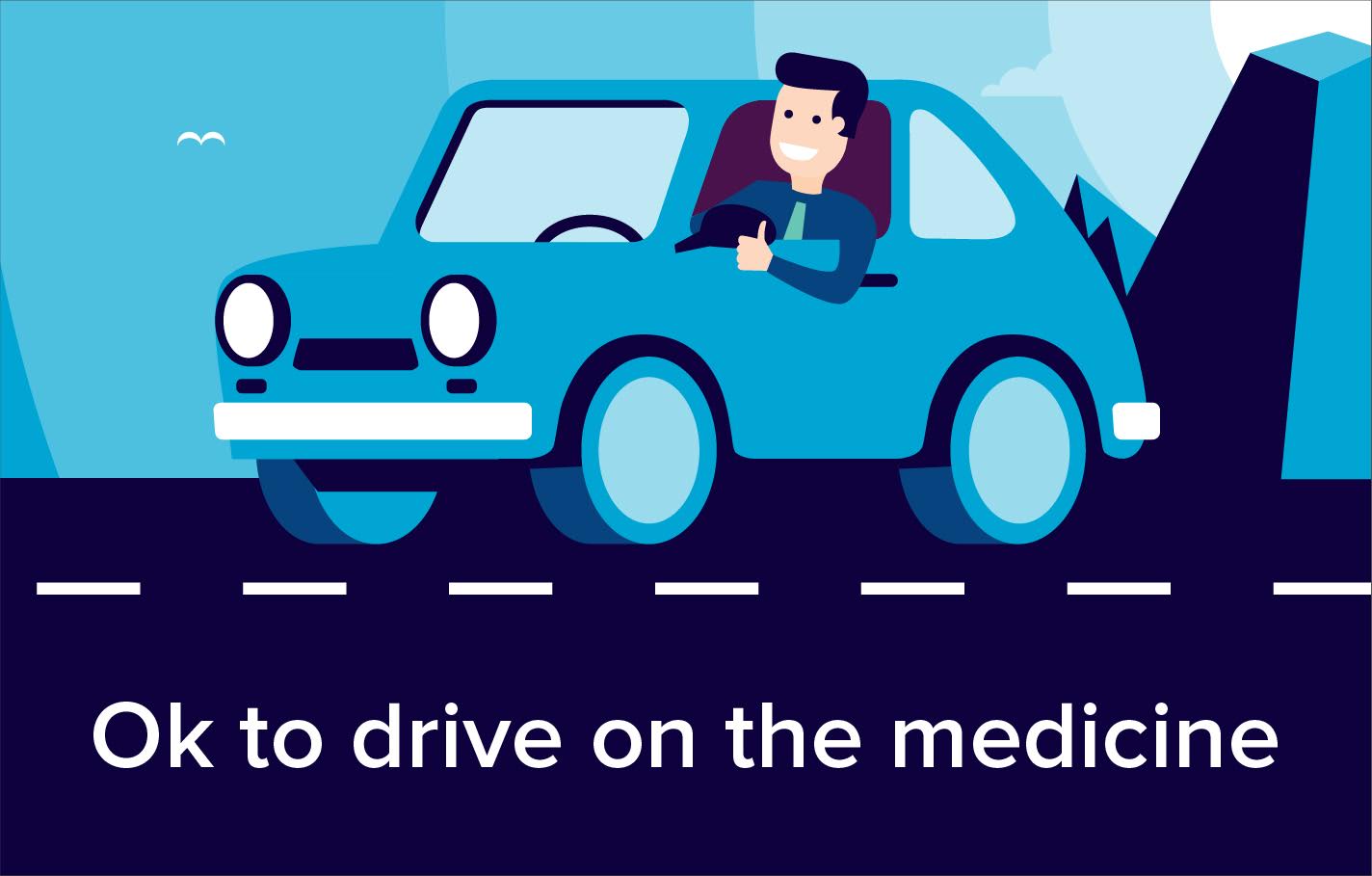In this article I will address the cholesterol lowering medicine - Lipitor. I will look at various issues such as why Lipitor is prescribed, how Lipitor works and what the common and not so common side effects are.

Why have I been prescribed Lipitor?
Lipitor (Atorvastatin) is used to lower lipids known as cholesterol and triglycerides in your blood when a low fat diet and lifestyle changes on their own have failed. If you are at an increased risk of heart disease, Lipitor can also be used to reduce such risk even if your cholesterol levels are normal. A standard low cholesterol diet should be continued during treatment.
How does it work?
The drug in Lipitor belongs to a family of drugs called statins. It prevents the production of cholesterol by the liver and consequently reduces the levels of cholesterol and other fats (triglycerides) in your body.
When and how do I take it?
Lipitor tablets should be swallowed whole with a drink of water, and can be taken at any time of day, with or without food. However, try to take your tablet at the same time every day.
When taking Lipitor, do not drink more than two small glasses of grapefruit juice per day, that is no more than around 200ml in total.
What’s the dose?
The usual starting dose of Lipitor is 10 mg once a day in adults. This may be increased if necessary by your doctor until you are taking the amount you need.
Could it interact with other tablets?
There are some medicines that may change the effect of Lipitor, or their effect may be changed by Lipitor. This type of interaction could make one or both of the medicines less effective. It could also increase the risk or seriousness of side effects, including the important but rare muscle wasting condition known as rhabdomyolysis. Your doctor will consider this when deciding upon your dose:
- Medicines used to alter the way your immune system works, e.g. cyclosporin.
- Certain antibiotics or antifungal medicines, e.g. erythromycin, clarithromycin, ketoconazole, itraconazole; rifampin, fusidic acid (also known as sodium fusidate).
- Other medicines to regulate lipid levels, e.g. gemfibrozil, niacin, ezetimibe.
- Medicines to regulate your heart rhythm or blood pressure e.g. digoxin, amiodarone, diltiazam, amlodipine, verapamil.
- Medicines used in the treatment of HIV e.g. nelfinavir, efavirenz.
- Other medicines known to interact with Lipitor include warfarin (which reduces blood clotting), oral contraceptives, antacids (indigestion products containing aluminium or magnesium) and St John’s Wort.
What are the possible risks or side-effects?
The following side effects are important and will require immediate action if you experience them:
- Angioneurotic oedema (swelling of the face, tongue and windpipe which can cause great difficulty in breathing). This is a very rare reaction, which can be serious if it occurs. You should tell your doctor immediately if it happens.
- Occasionally, patients have developed muscle wasting or inflammation, and very rarely this has progressed to become a serious, potentially life-threatening condition (called ‘rhabdomyolysis’). If you have muscle weakness, tenderness or pain and particularly, if at the same time, you feel unwell or have a high temperature, stop taking Lipitor and tell your doctor immediately.
- If you experience problems with unexpected or unusual bleeding or bruising, this may be suggestive of a liver complaint. You should consult your doctor as soon as possible.
Common side effects include:
- Nausea
- abdominal pain
- constipation
- wind
- indigestion
- headache
- muscle pain
- weakness
- diarrhoea
- insomnia
- dizziness
- chest pain
- angina
- allergic reactions,
- tiredness
- reductions in sensation of skin to light touch or pain
- joint pain and back pain.
Can I drink alcohol while taking it?
Alcohol intake should be kept to a minimum.
What if I’m pregnant/breastfeeding?
Lipitor cannot be given while pregnant or during breast feeding.
If you have any more questions please ask your Pharmacist.
Remember to keep all medicines out of reach of children
Please Note: We have made every effort to ensure that the content of this information sheet is correct at time of publish, but remember that information about drugs may change. This sheet does not list all the uses and side-effects associated with this drug. For full details please see the drug information leaflet which comes with your medicine. Your doctor will assess your medical circumstances and draw your attention to any information or side-effects which may be relevant in your particular case.
References:
http://www.netdoctor.co.uk/heart-and-blood/medicines/lipitor.html
http://www.lipitor.com
http://en.wikipedia.org/wiki/Atorvastatin
http://www.drugs.com/lipitor.html
http://www.rxlist.com/lipitor-drug.htm
http://www.rxlist.com/lipitor-side-effects-drug-center.htm
http://www.emedicinehealth.com/drug-atorvastatin/article_em.htm
http://www.pfizer.com/products/rx/rx_product_lipitor.jsp
http://www.patient.co.uk/forums/discuss/browse/atorvastatin-2514




